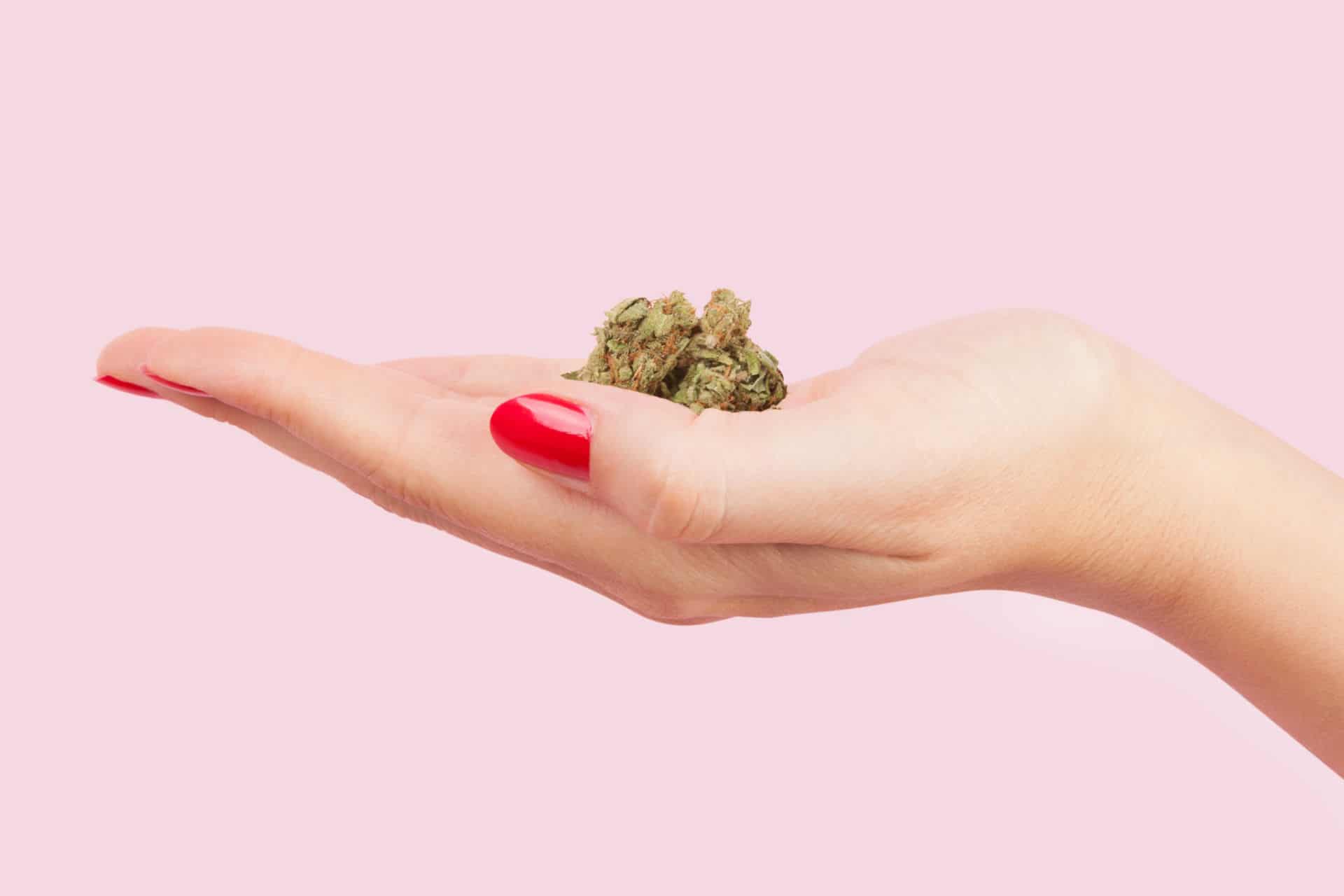Health
7 min Read
How to talk to kids about weed

March 18, 2024
Health
7 min Read

March 18, 2024

Gertrude Lim has two sons—one is 11, the other 13. It’s her teenager she’s worried about most when it comes to pot. “He’s of an age where he reads the news and marijuana has already came up because they were discussing it at school,” the Oakville, Ont., mom says. “I worry that legalization will encourage kids, who otherwise might not have done it when it was illegal, to try it.”
It’s a common concern among parents these days, says Marc Paris, the executive director of Drug Free Kids Canada. And we’re not the only ones who are confused about cannabis legalization. “Kids’ perceptions of the drug are all over the place, from ‘it can cause cancer’ to ‘it’s just a plant, so what’s the big deal?’”
The problem, Paris says, is that it’s a big deal. “Early and frequent consumption of high tetrahydrocannabinol content can aggravate predispositions to certain mental disorders (such as psychosis, anxiety and depression) and hold back development of the prefrontal cortex, where judgement comes from.” Early, frequent pot smoking is also associated with a motivational syndrome (lack of concentration, decreased interest in activities, etc.) and poor performance in school. Even more troubling is the fact that the rate of cannabis use is two times higher for Canadian youth (ages 15 to 24) as it is for adults; one in five teens ages 15 and 19 didn’t wait for it to be legal to puff away. “We need to re-educate our kids,” says Paris.
What should be of some comfort to parents, he adds, is that kids really do pay attention to us, and care what we think. “Parents assume their kids don’t listen, but research shows that in households where there’s an ongoing conversation about drugs, kids are less likely to try them,” he says. “In fact, parents are the first line of defense in any drug prevention strategy.” Here’s how to get the conversation started—and how to address the questions they’re sure to ask.
Parents often feel ill-equipped and think their kids know more about pot than they do. Paris recommends doing some research ahead of time, then start the conversation casually. “Have the facts straight, then say, ‘Here’s what they’re saying about this, let’s talk about it.’”
Dr. Victoria Creighton is the clinical director of the Pine River Institute, a residential treatment centre for youth who struggle with addiction, addictive behaviours and mental health issues near Shelburne, Ont. She agrees with Paris and adds parents should aim for the talk to be “part of an ongoing, regular, informal conversation where you’re offering thoughts and ideas,” she says. “Trust in the relationship you have with your kids, and make sure the conversation isn’t a fear-driven lecture using scare tactics or threats.”
When Elena Welch, a mom who lives near Calgary, first talked to her twins (now in their teens) about smoking pot, she kept it casual. “We have very honest discussions about a range of topics, so this particular one was no different,” she says. They talked about the effects (physical, psychological and social) of smoking dope and presented all sides of the argument with her brood. “The new reality is that legalization is happening in our country and our children will be exposed to marijuana in a different way than before—and that’s what needs to be discussed.”
This was the first question Welch’s kids asked her. “We told them that it’s similar to alcohol, and once upon a time there was prohibition because alcohol was deemed unsafe,” she says. “And just as with any ‘adult’ substance, maturity and common sense are key, which is why you must be the age of majority (18 or 19, depending on your province) to make the choice to partake.”
Remind them that alcohol is legal, but can damage the liver, and cigarettes are legal, but cause cancer—and like both alcohol and cigarettes, cannabis is addictive. “They need to know that marijuana isn’t benign, it’s not something you can play with,” Dr. Creighton says. “Explain that their brain is still developing and it’s fragile. If they expose it to a substance that affects it, there can be lasting damage.”
Drugs are everywhere, Paris says, and parents often don’t realize how much peer pressure comes with them. “At some point, your kids will be faced with the critical decision to take a joint that’s offered to them, or to get in a car with someone who’s high. If you’ve had the conversation, when your child is having second thoughts your voice will be like that little angel sitting on his shoulder saying, ‘remember what we talked about?’”
He suggests role playing to give them strategies they can use. Ask them, “What could you do if you’re at a party and someone offers you a joint?” Getting their input makes kids more open to sharing what they’re facing, Paris adds. “Explain the consequences of consuming and ask them, ‘Why do you think that would be something of interest to you?’”
Dr. Creighton says encouraging children to develop an identity outside of drugs also helps them cope with peer pressure. “Their best defense is a strong sense of self and their own values, so they won’t be like leaves in the wind,” she says. “Help them build a sense of identity: ‘I’m a dancer or a soccer player—I don’t do drugs. I have something to be proud of and I don’t want to mess that up.’”
Hmm. This one’s a toughie, but yes—the experts say you should be honest. “Talking about marijuana is a two-way conversation,” Welch says. “My kids are aware that I’ve tried it, I know that they haven’t tried it and they know kids at school who have done it.” Dr. Creighton says a concern is that kids will use their parents’ past to justify doing it themselves. You can explain that, as with cigarettes, people didn’t have the same facts about the consequences even a decade ago and now we know just how destructive these substances can be.
Find the answers together, Dr. Creighton says. “You could say, ‘I’m in the process of trying to figure this out, let’s take a look at the research.’” Discovering that there are different strains and not all cannabis is created equal also demonstrates just how complex the issue is. Plus, not all medications are good for us—many cause side effects, for instance. The same is true for Mary Jane.
Lim opted to go the science route when she spoke to her son. “We talked about how it affects short-term memory and how, though it will be legal, it has a detrimental effect on the brain.” Her kids are already anti-smoking (they have a grandparent who smokes), which helps. “For kids his age, smoking is seen really negatively and he mentioned that aspect of it,” she says. “He also asked us what we thought—he’s one of those kids who will take the information away, absorb it and ask more questions.” So far, he hasn’t tried pot and neither have his friends. But Lim knows it’s a conversation that the family will continue to have—and that’s a good thing.
Originally published in ParentsCanada magazine, Spring/Summer 2018. Updated in March 2024.